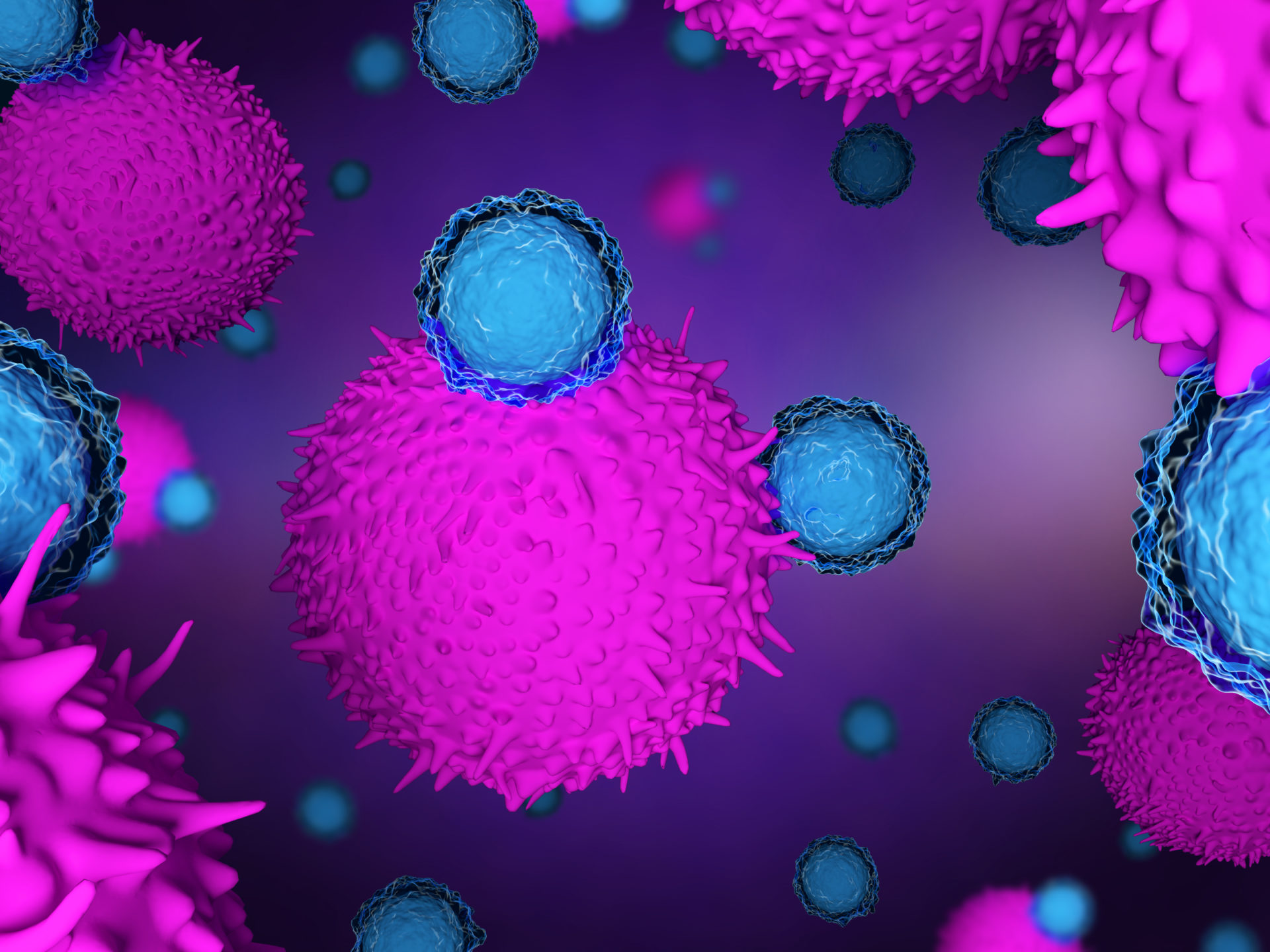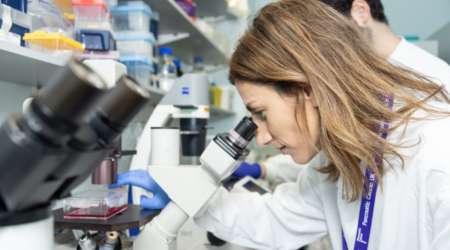

New vaccine shows promise at preventing pancreatic cancer recurrence
A trial of a new vaccine which could prevent recurrence of pancreatic cancer following surgery has shown promising results.
Findings from the trial, led by researchers at The University of Texas MD Anderson Cancer Centre, were published in Nature Medicine today.
The vaccine specifically targets tumours which have faults in a gene called KRAS, which is the main driver of pancreatic cancer. It is estimated that almost 90% of pancreatic cancers are driven by faulty KRAS genes.
This trial tested a vaccine in a small group of cancer patients, including 20 with pancreatic cancer, who had faults in KRAS and were also found to have tumour DNA fragments in their blood after surgery to remove their tumour. The presence of these fragments put them at higher risk of a rapid recurrance of pancreatic cancer.
The vaccine was shown to be successful at triggering an immune response in over 80% of patients, which was designed to mop up the remaining tumour cells and prevent or delay cancer regrowth, allowing patients to live cancer free for longer. Importantly, this treatment was also shown to be safe and well tolerated by patients.
Commenting on these findings, Dr Chris Macdonald, Head of Research at Pancreatic Cancer UK, said:
“We desperately need more treatment options for pancreatic cancer. Surgery is currently our only potentially curative treatment for this disease, but tragically, in 75% of cases the cancer reoccurs. Immunotherapies, which harness and amplify the body’s immune system to destroy cancer cells, have already had a transformative impact on other cancers. However so far, the same effect has not been seen in pancreatic cancer.
This is a very early, small scale study designed to assess whether this approach is safe and feasible. However, these results are promising and should the next stages of this research prove successful, this vaccine could be a vital new weapon against the deadliest common cancer.”
"These results are promising and should the next stages of this research prove successful, this vaccine could be a vital new weapon against the deadliest common cancer"




